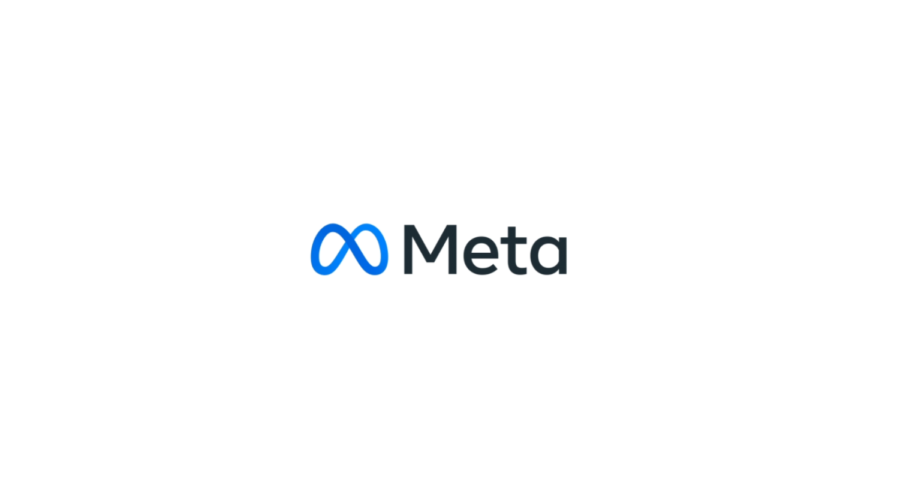Facebook who? Say hello to Meta, the company’s newest attempt to cover-up scandal
Facebook recently changed its company name to Meta, a name many ridicule as it means “dead” in Hebrew
December 8, 2021
In October, Facebook CEO Mark Zuckerberg announced that the company will be changing its name to Meta. In his Facebook Connect keynote live stream, he stated the word “meta” is derived from the Greek word meaning “beyond,” expressing Facebook’s interest in expanding. Additionally, the term “metaverse” is defined as an online virtual world, painting Facebook’s goal of strengthening its online community.
However, recent events suggest that Facebook’s attempt to forge a new identity for itself is not about its growth and future goals. Whistleblower Francis Haugen’s documents have spread through the internet like a wildfire, revealing a number of underlying issues. Nearly 17 news organizations have investigated the internal documents analyzing Facebook, appropriately titled “The Facebook Papers.” These papers contain tens of thousands of pages of information exposing Facebook and its many flaws.
Many are already aware of Facebook’s circulation of misinformation, hate speech and incitation of violence, but the document took it further by shedding light on Zuckerberg’s dismissing of the human trafficking taking place through Facebook. The document also cited Facebook’s continued initiative to attract teenage viewers despite the numerous negative mental health impacts Facebook has been known to have on youth.
It is no coincidence Facebook happened to change its name to Meta directly after the release of Haugen’s documents. It is a common tactic used by companies attempting to cover their previous mistakes and protect their reputation. Facebook chose their new name on a whim as a final effort to mask its plethora of disastrous policies.
The name switch has also faced heavy backlash from the Hebrew speaking community. The word “meta” is Hebrew for “dead,” leading to an explosion of both offended and amused messages from Hebrew speakers all over social media. “Facebook shouldn’t use a name that could potentially offend others… [it] carries a negative connotation, so it shouldn’t be used at all,” health teacher Barbara Contino said. Negative names may repel and insult potential users, only further destroying the social media’s brand.
The company is made a fool again as there was already a company named Meta, forcing Zuckerberg to pay $20 million to purchase the name. These mistakes Facebook made are outright mindless. Given its expansive database, Facebook could have easily checked their name for potential issues that could arise and prevented their embarrassment completely. Zuckerberg’s impulsive name change of an already well-known application is a last resort to cover up the innumerable scandals Facebook is involved in.
Though Facebook may be trying to play off their new name as a way to branch out into the metaverse, it is obvious that their stunt is merely an attempt to seize the spotlight from their never-ending scandals. The shiny new label will hardly last and if anything, the new name Meta reflects Facebook’s relevance. Truthfully, we have all known that it is dead for a long time.


